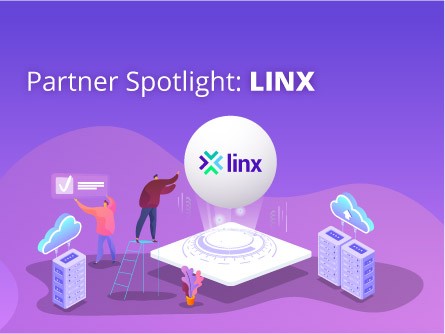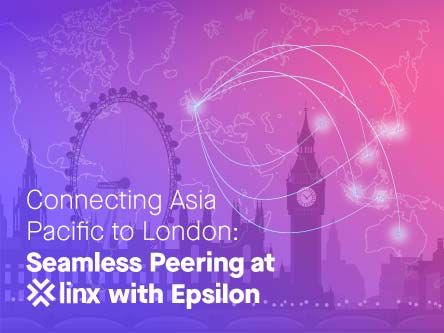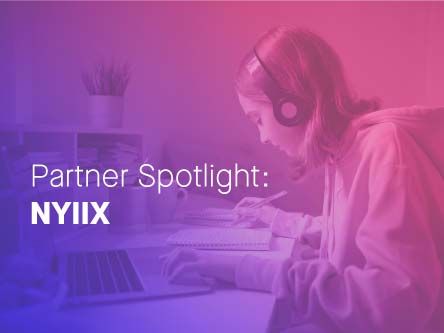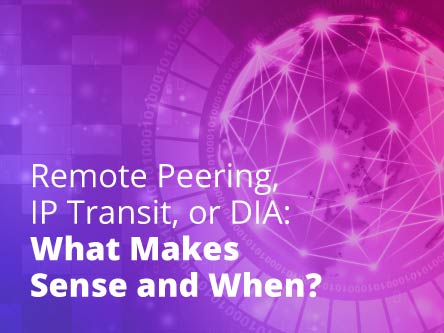With around 900 members from the United Kingdom, Europe, United States, Middle East, Asia Pacific and Africa, the London Internet Exchange (LINX) is one of the largest neutral Internet Exchange Points (IXPs) in the world.
It is our pleasure to have Jennifer Holmes, Chief Commercial Officer, LINX, talk to us about LINX’s journey and share her opinions on the future of peering.
Epsilon: LINX has seen various phases of transformation since the beginning of the decade. From upgrading your network infrastructure to launching the ConneXions reseller programme. What would you say are the main highlights and why?
Jennifer: Highlights have definitely been the relaunch of our LON2 network in London as a disaggregated peering platform, which was a huge engineering advancement for the industry. The platform now uses Edgecore Networks and IP Infusion as the hardware and software solution instead of using a traditional single switch provider. This has allowed us to significantly reduce our running costs for the LON2 network and pass those savings onto our members.
Another highlight, looking further back, was the upgrades in 2012 before the Olympics and introduction of 100GE ports. Both were effectively delivered to a strict timeline and the peering Local Area Networks (LAN) managed to handle the massive increase in traffic over the Olympics with ease.
Epsilon: It has been more than five years since LINX expanded to the United States with LINX NoVA. How different is it to operate an IXP in Europe vs the US?
Jennifer: The way IXPs traditionally operate in the US is completely different to IXPs in Europe. They tend to be run by the data centre operators themselves as profit-making enterprises. In Europe, IXPs are typically non-profit, membership organisations that operate to benefit their members.
The exchange that we opened in North America five years ago was designed on the European model. Our day to day running of the exchange has been very similar to our other IXPs. The difference would be communicating the benefits of our model to our potential members there, as they are used to the US model. By far, the results have been extremely positive.
Epsilon: It’s great to hear how LINX making great strides in the US! Let’s look at something more recent. In September 2019, LINX together with DE-CIX and AMS-IX launched the common API to automate the ordering and provisioning of peering and remote peering services. Could you tell us a little more about the project?







